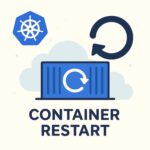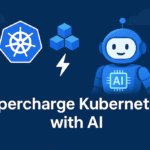Kubernetes Per-Container Restart Policies
With the release of Kubernetes 1.34, a new alpha feature called Container Restart Policy and Rules has been introduced. This feature provides more precise control over container restarts within a Pod. It allows us to specify a restart policy for each container individually, overriding the Pod’s global restart policy. Additionally, it enables conditional restarts of individual containers based on their exit codes. This feature is accessible through the ContainerRestartRules alpha feature gate. This feature, a long-awaited enhancement, offers a range…





